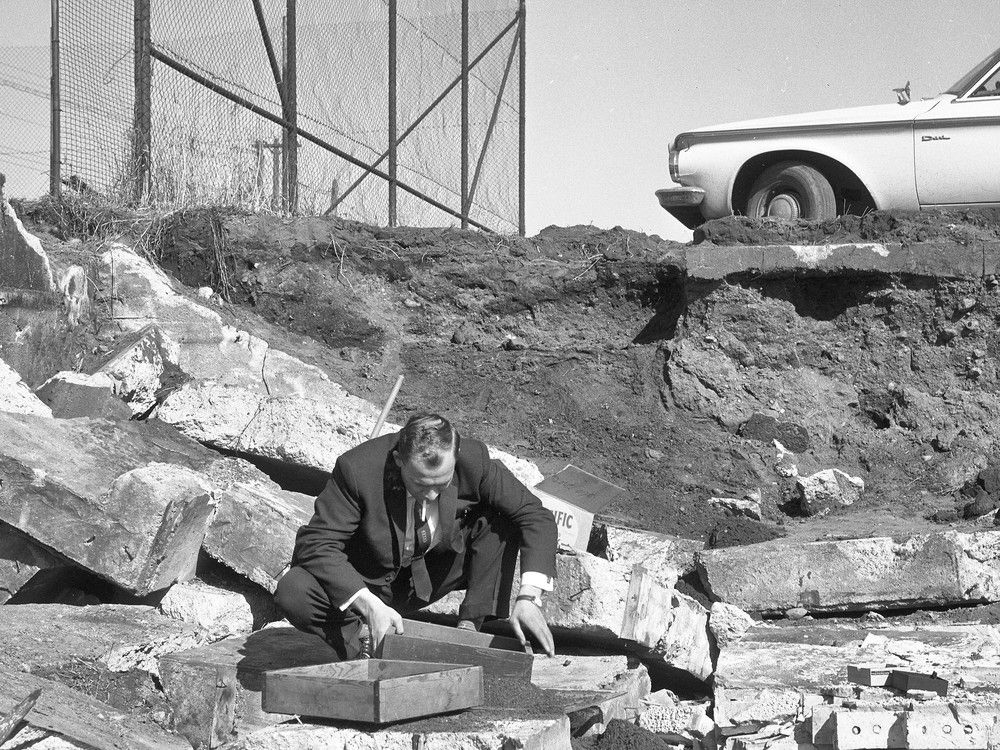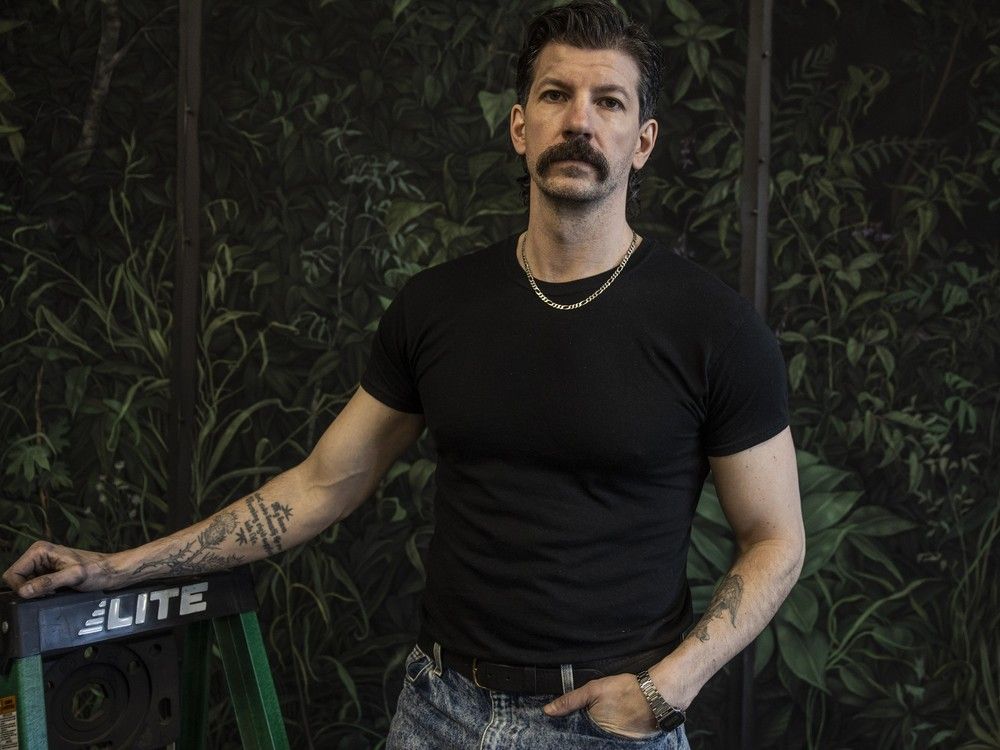
For more than 40 years, the federal Environmental Protection Agency has been at the heart of efforts to save the Chesapeake Bay. Since 1983, the EPA’S Chesapeake Bay Program has been key to joint, bipartisan efforts by federal and state agencies, academic institutions and environmental and other nonprofit groups working to make this national treasure healthy and productive again. Progress has not been steady — continued urbanization and development, harmful agricultural practices, loss of trees, wastewater pollution, severe weather related to climate change, and other factors cause setbacks.
Cleaning up the bay and keeping it healthy will be a continuing process. If efforts are relaxed, the bay’s condition can deteriorate quickly. But there has been progress, and more is in the works.

Or, that is, more was in the works unless the Trump administration follows through with plans to end important environmental regulations and make drastic cuts to the EPA’s budget and staff. What has taken four decades to accomplish could be seriously damaged, perhaps irreversibly, in months if the administration axes the regulations, funding and programs that have brought significant improvements. The role of the federal government in protecting the bay is obvious: Only Virginia and Maryland border the bay, but the watershed includes four other states and the District of Columbia.
All those governments must work together. In fiscal year 2024, the EPA provided $183 million for the bay program. Total federal funding for the program that year was $840 million, with money also coming from Agriculture, Commerce, Interior and Defense departments.
This money goes to scientific research, more sustainable agriculture and a variety of projects Much of the recent progress is the result of federal water quality standards, which must be federally enforced to succeed. Not all the pollution reduction goals set by the 2014 Chesapeake Bay Watershed Agreement will be reached by this year’s deadline, including some of Virginia’s. The problems have prompted revised goals as well as new mechanisms to increase EPA enforcement of water quality standards.
But what happens now? The Trump administration is taking its proverbial chainsaw to regulations protecting wetlands and waterways. It is redefining which wetlands and waterways merit protection. The administration has talked of slashing the EPA’s staff and spending by as much as 65%.
The agency is also reversing policies designed to cut carbon emissions that contribute to climate change and the rising temperatures, sea level rise and acidification that harm the bay. Lee Zeldin, the former Republican congressman who heads EPA, and others in the Trump administration brag about bringing down costs and making the government more efficient. Zeldin has been crowing that his policies “are driving a dagger straight into the heart of the climate change religion.
” Climate change is not some cult belief but a very real threat, documented by extensive scientific evidence. It is a threat not only to the bay, but also to communities throughout Hampton Roads. In reality, ignoring the problems caused by pollution and warming will be unimaginably costly.
Sign up for Viewpoints, an opinion newsletter If the EPA gets rid of multistate regulations, and fails to enforce those that continue, progress in cleaning up the bay will stall. If the EPA no longer provides funds for the research and projects that have done so much good, that progress will be reversed. Without continued, coordinated efforts, saving the bay could become a lost cause.
Zeldin and others in the administration may not realize it, but saving the bay is not some tree-huggers’ trivial cause. The nation’s largest estuary is crucial for national defense, the shipping industry, fisheries, tourism and the way of life those of us in Hampton Roads treasure. That valuable resource should not be a pawn in political games.
Virginia and Maryland officials should make the urgent case in Washington for continuing the bay cleanup. Members of Congress, starting with Rep. Rob Wittman, a Virginia Republican and co-chair of the bipartisan Congressional Chesapeake Bay Watershed Task Force, must step up.
There is no time to lose..















